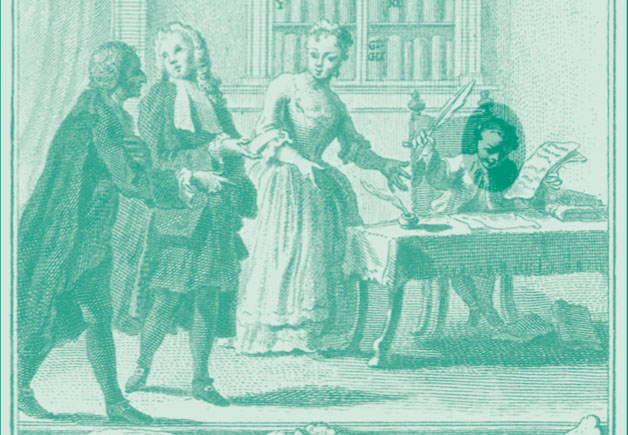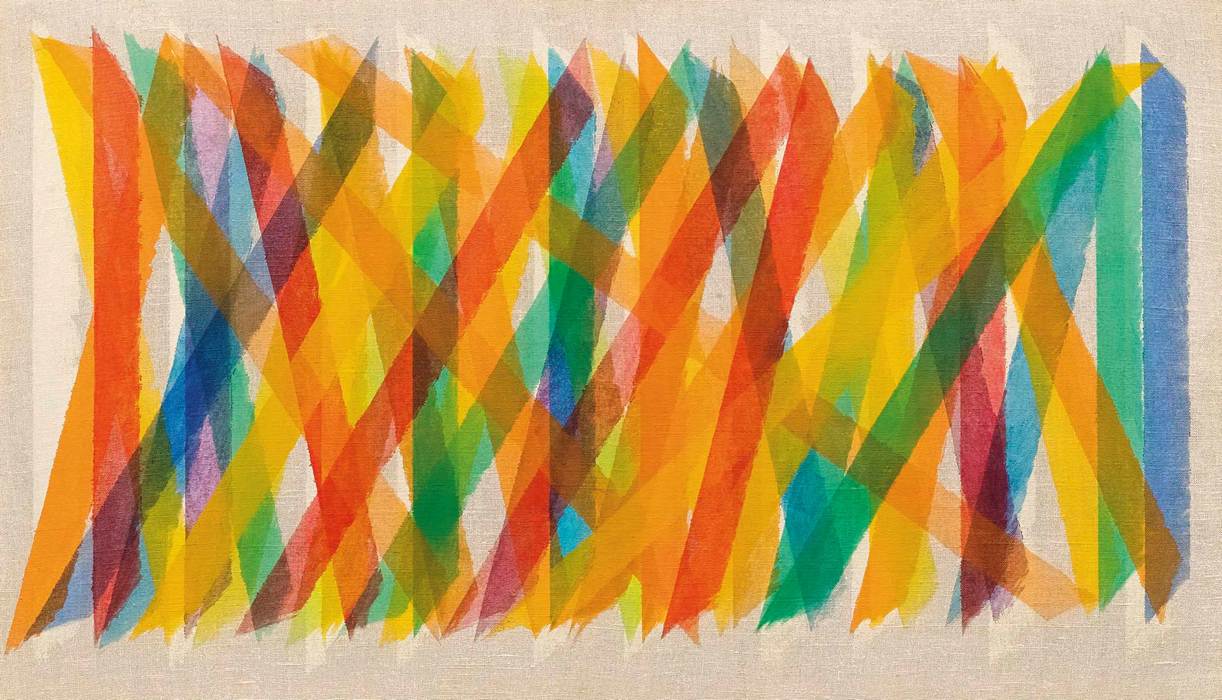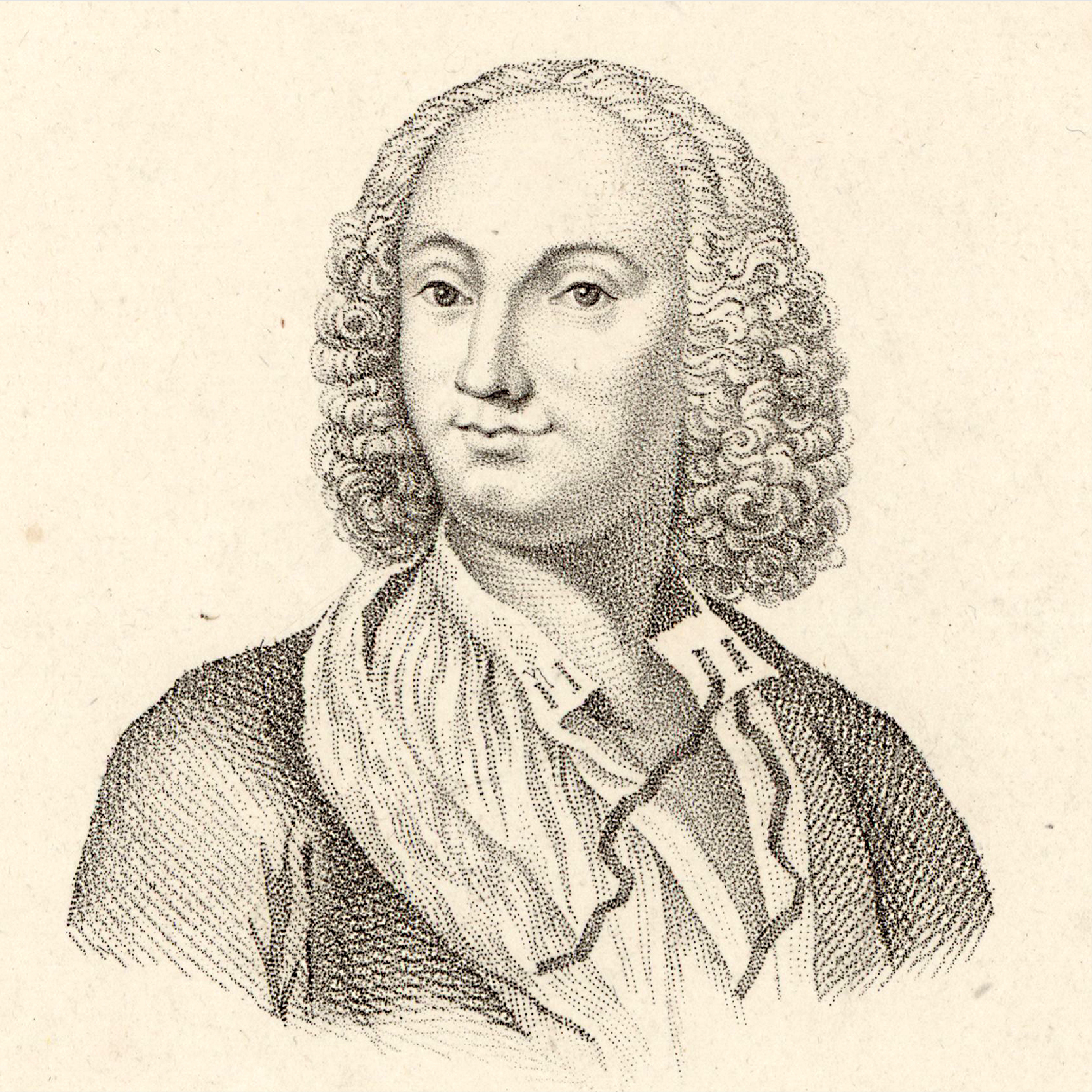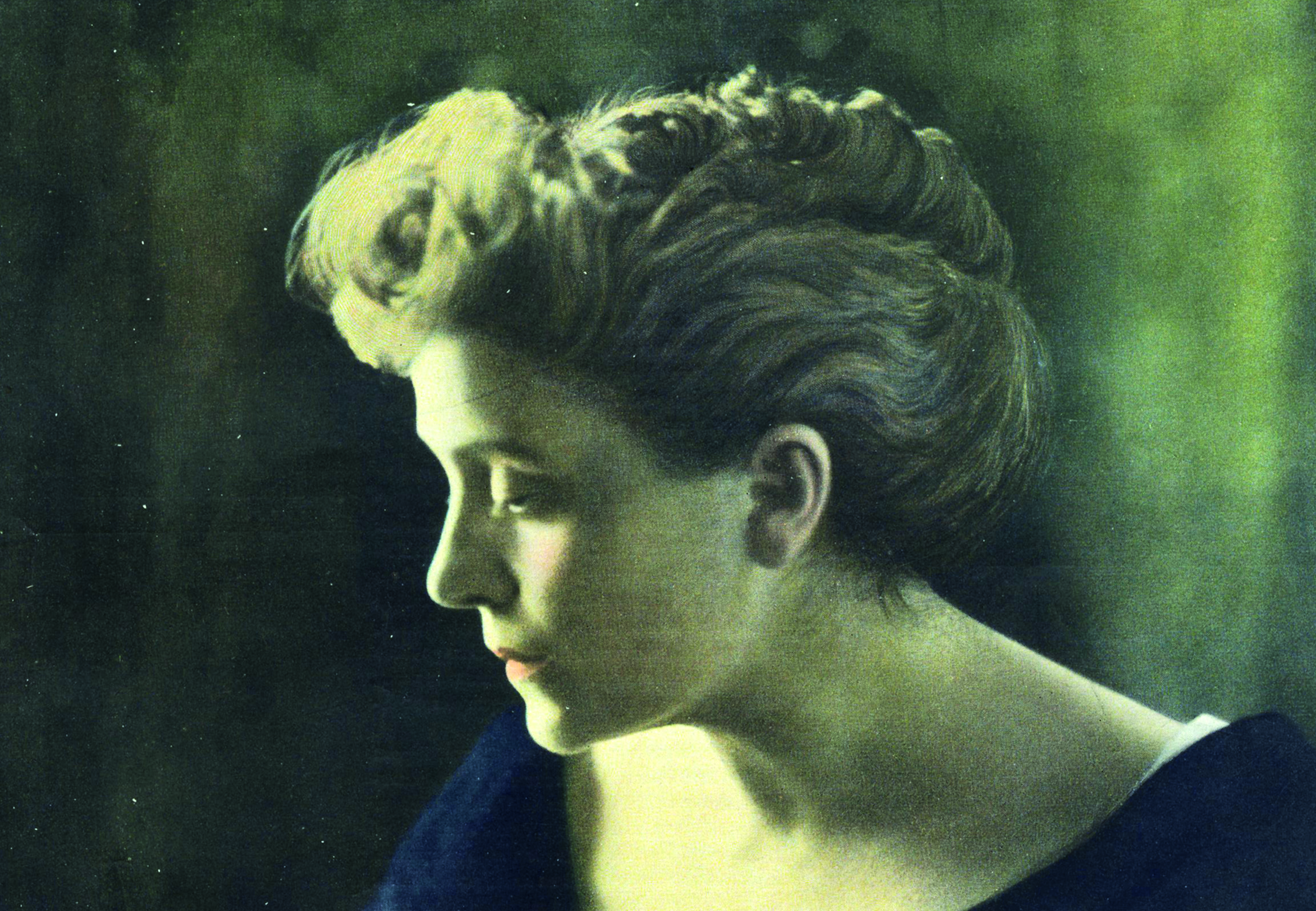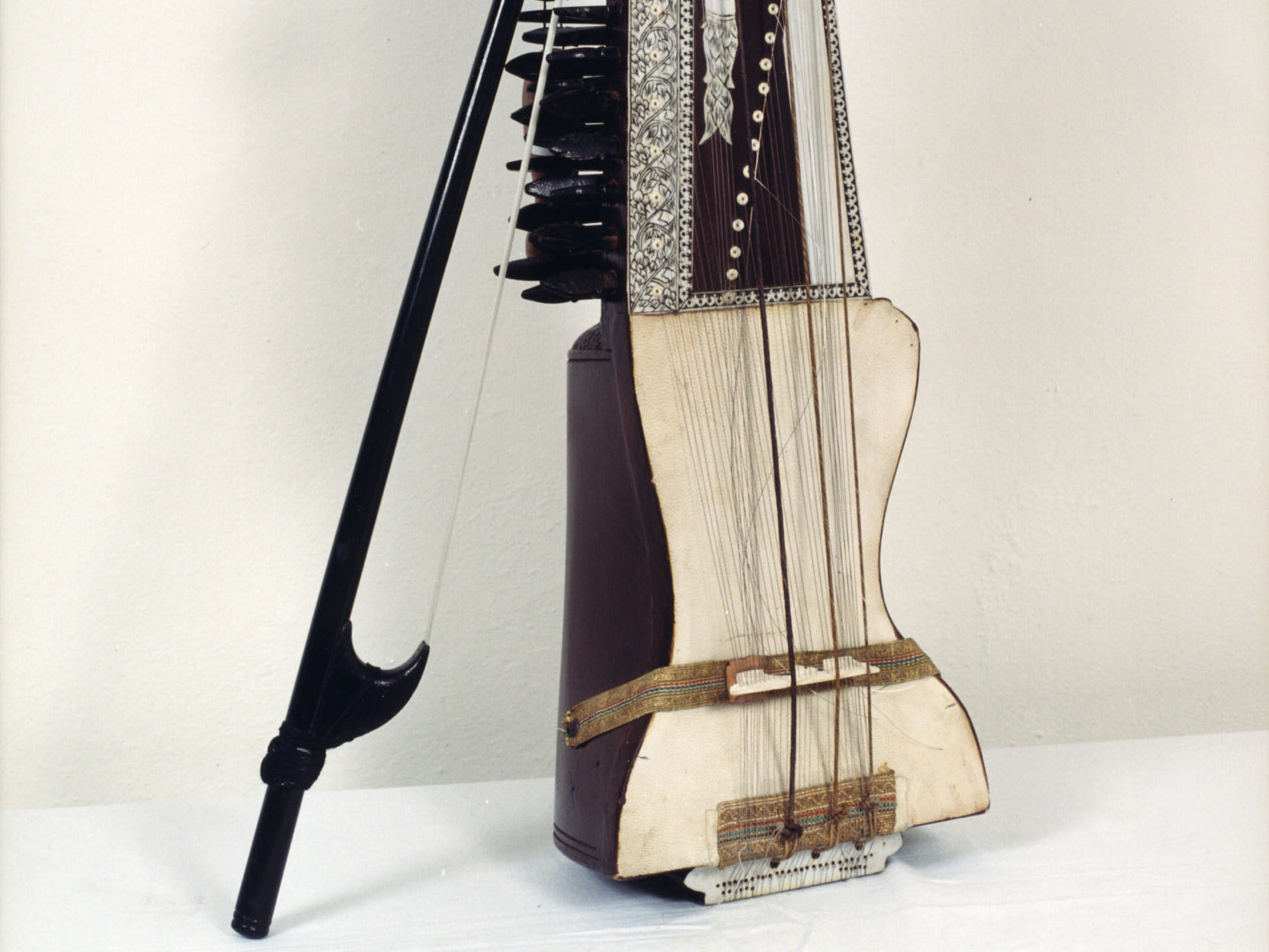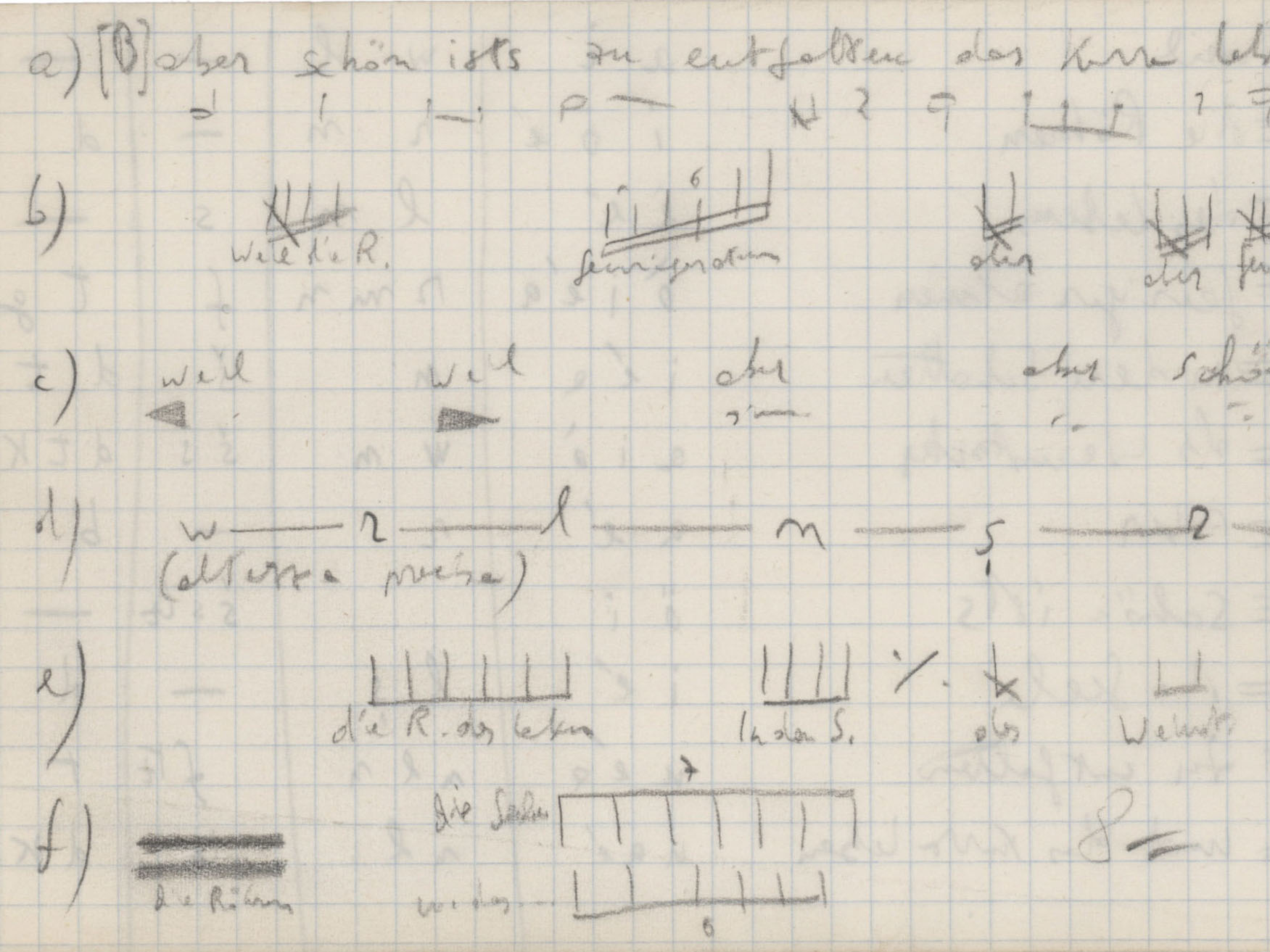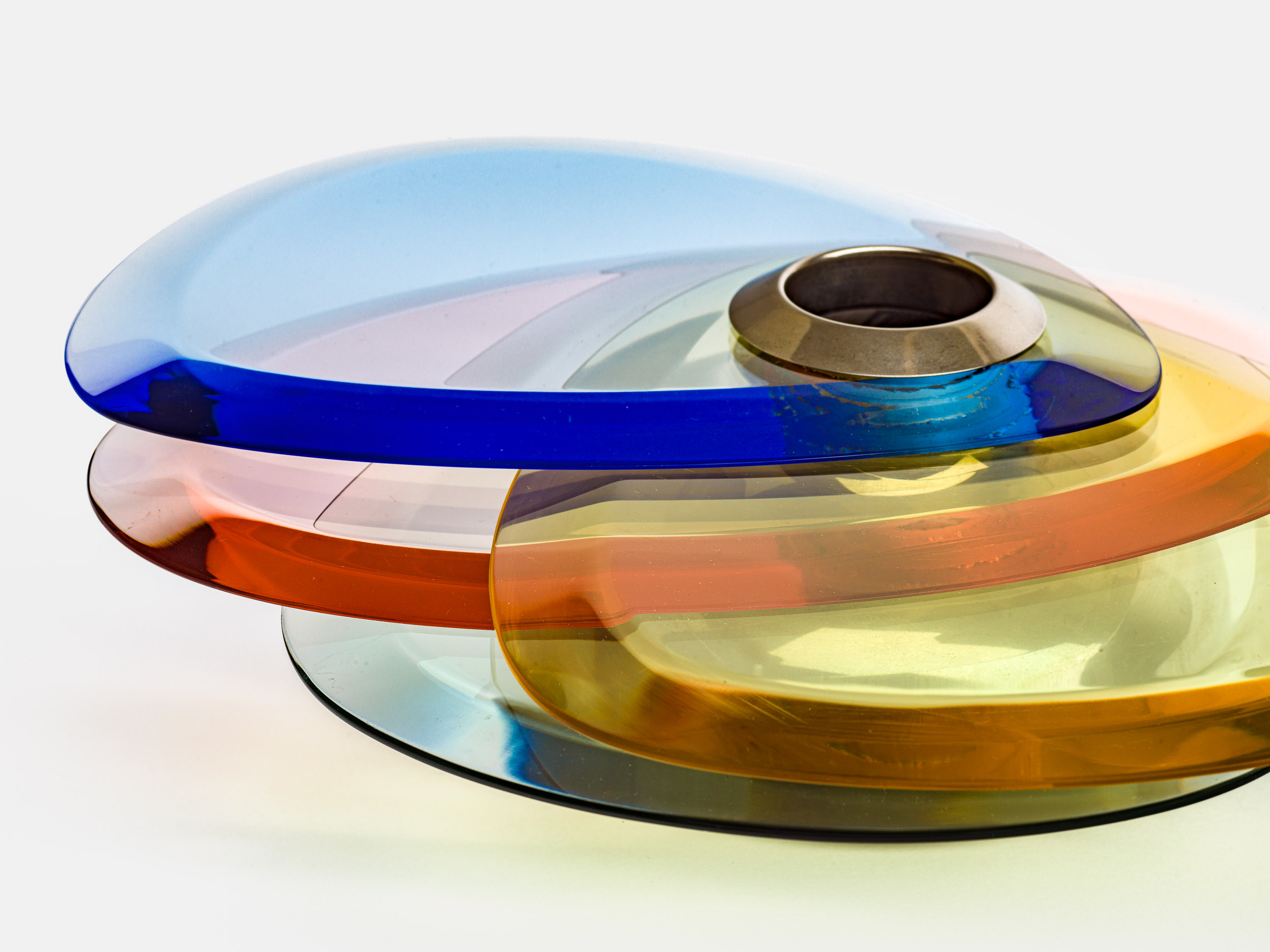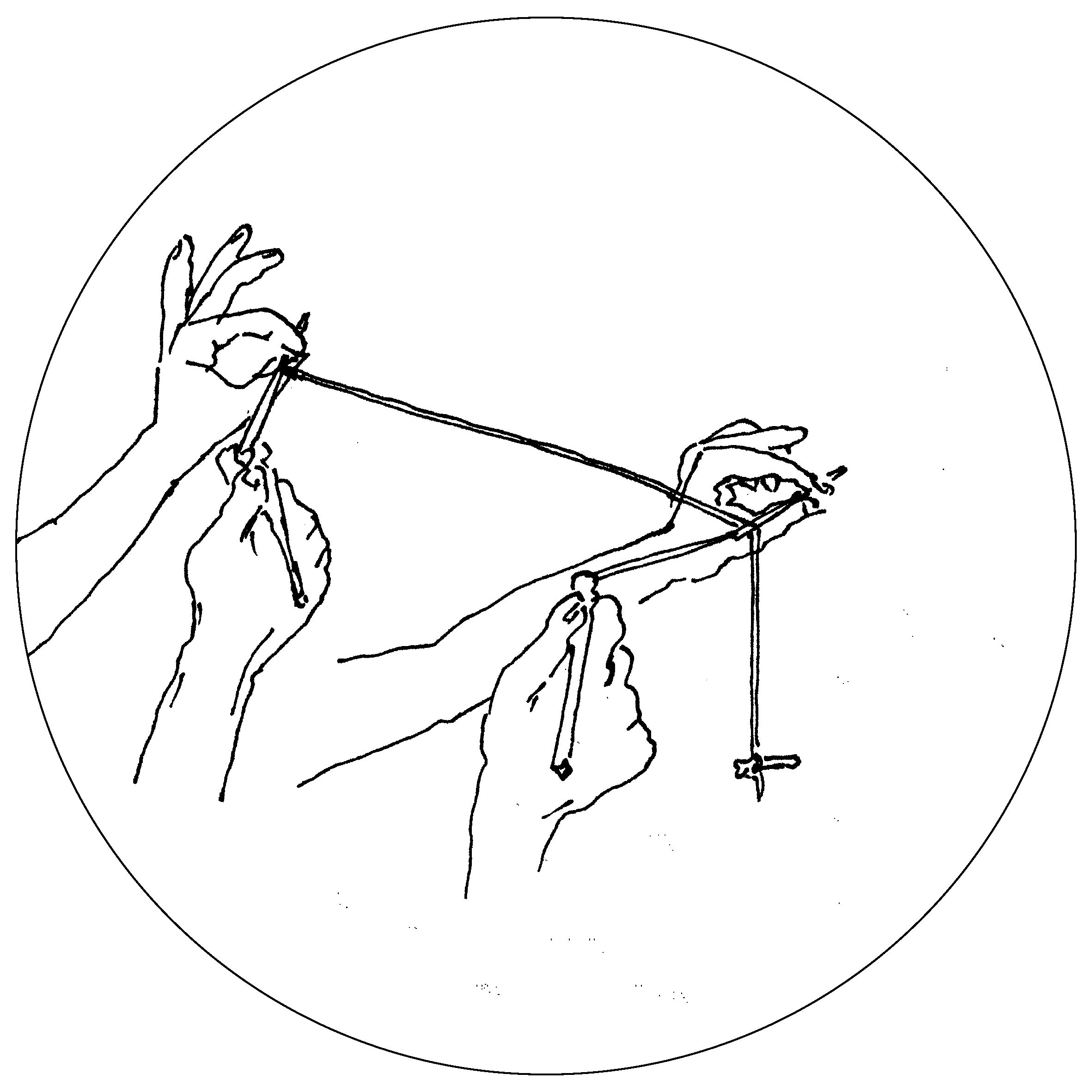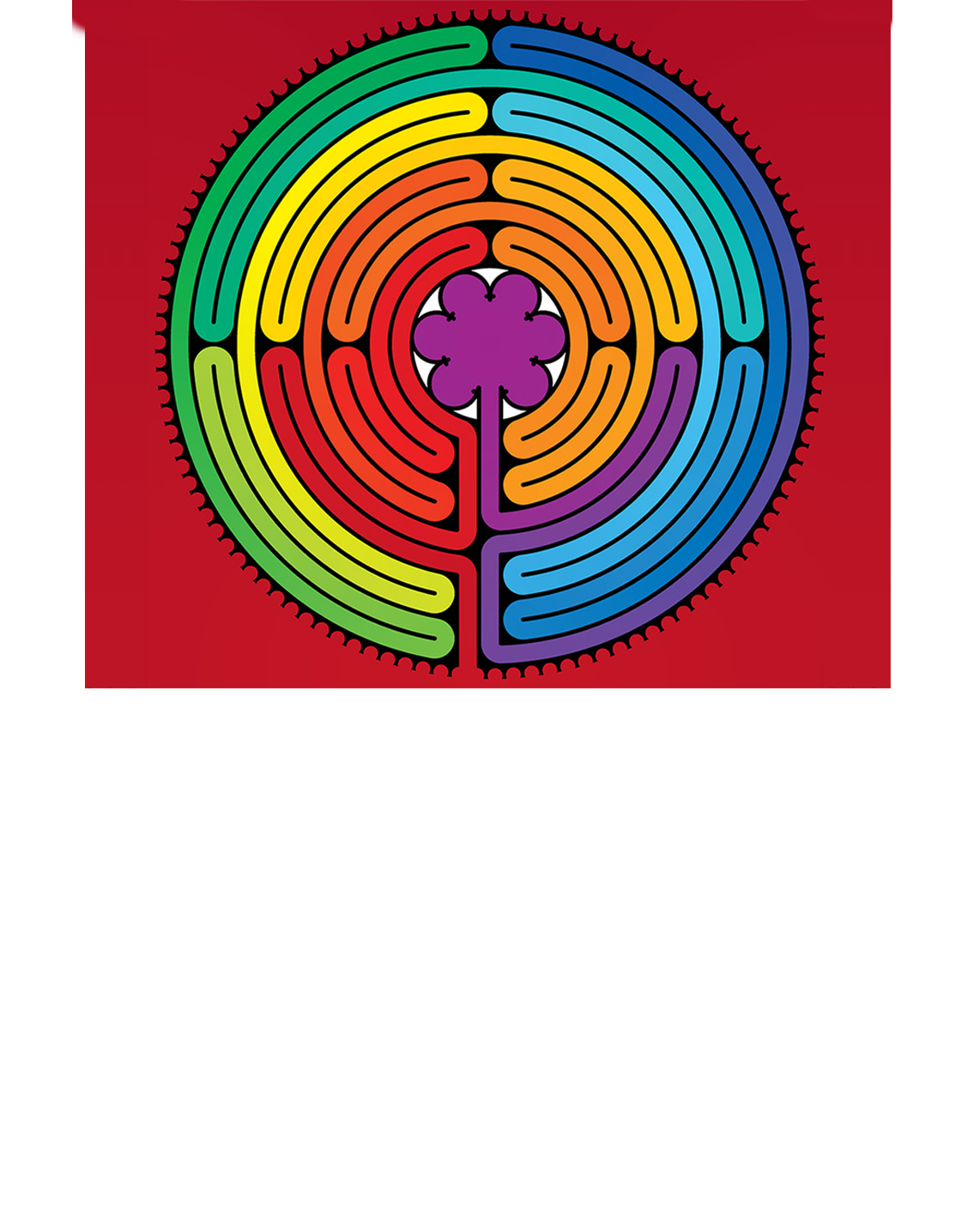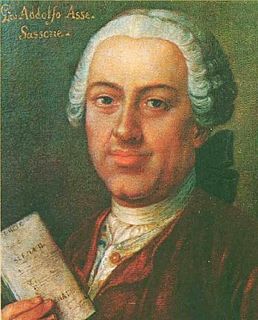The Institute of Theatre and Opera, in collaboration with the Universidade de Santiago de Compostela, has organised an international conference on changes in theatrical genres between 1650 and 1750. The event is part of the research activities of the Archivio del Teatro Pregoldoniano (ArpreGo), which has selected Italian plays between 1650 and 1750 with characteristics that may have influenced Carlo Goldoni’s reformed theatre in terms of all his highly varied historical and artistic production. This project has also led to a significant number of editions of period plays with links to Goldoni’s production and to the creation of several databases which, together with the texts of the plays, can be freely consulted on the project’s official website (www.usc.gal/goldoni).
The conference will be an opportunity for scholars in the field to meet and discuss the subject and, in particular, dramaturgical developments that influenced Goldoni’s formative process. In addition to the organisers of the event, Maria Ida Biggi (Institute of Theatre and Opera, Fondazione Giorgio Cini; Università Ca’ Foscari, Venice), Javier Gutiérrez Carou (Universidade Santiago de Compostela) and Piermario Vescovo (Università Ca’ Foscari, Venice), the members of the Advisory Committee include Beatrice Alfonzetti (Università La Sapienza, Rome), Camilla Cederna and Lucie Comparini (Université Paris-Sorbonne), Francesco Cotticelli (Università di Napoli), Emanuele De Luca and Andrea Fabiano (Université Paris-Sorbonne), Paologiovanni Maione (Conservatorio di Napoli), Marzia Pieri (Università di Siena) and Anna Scannapieco (Università di Padova).
